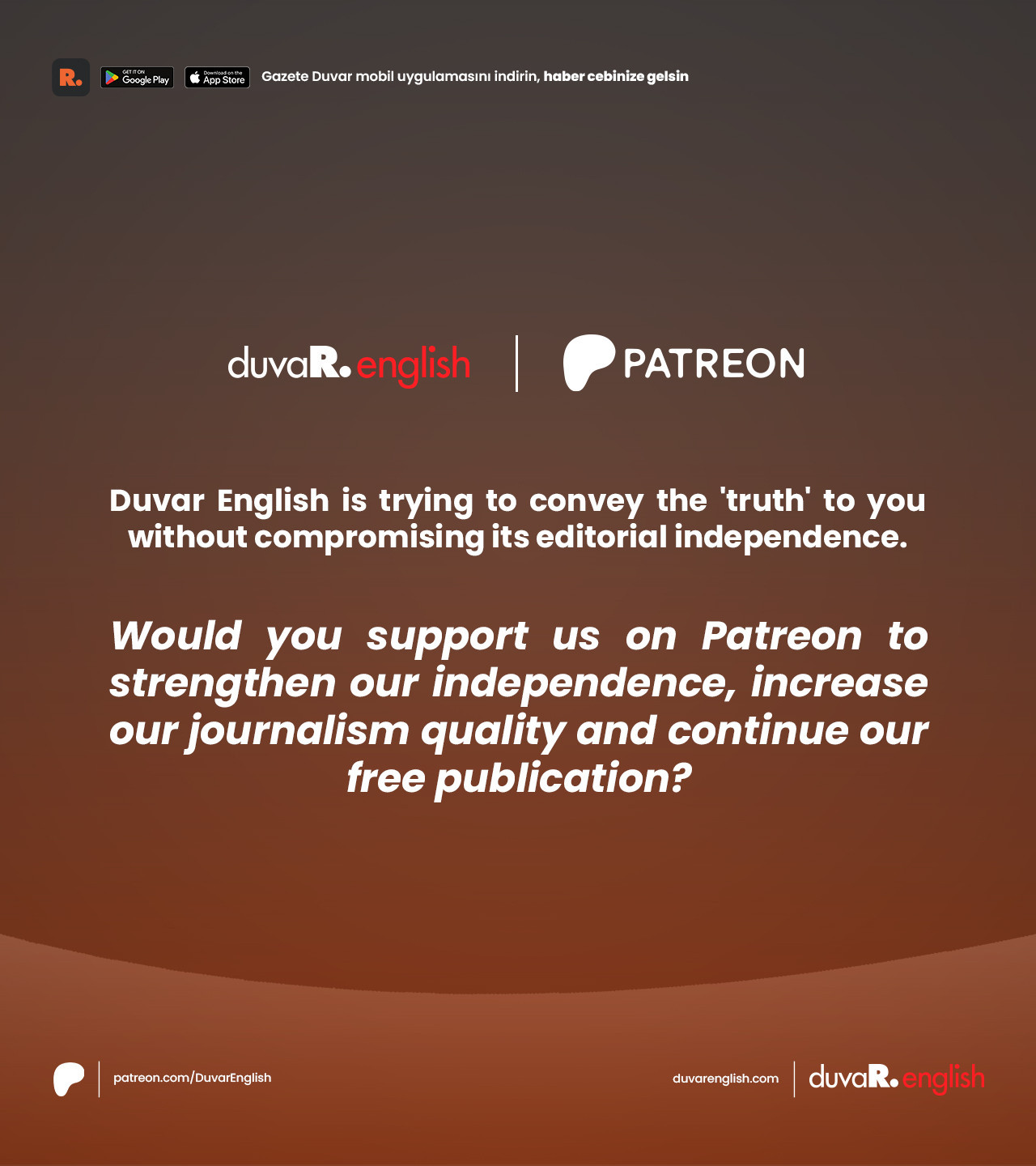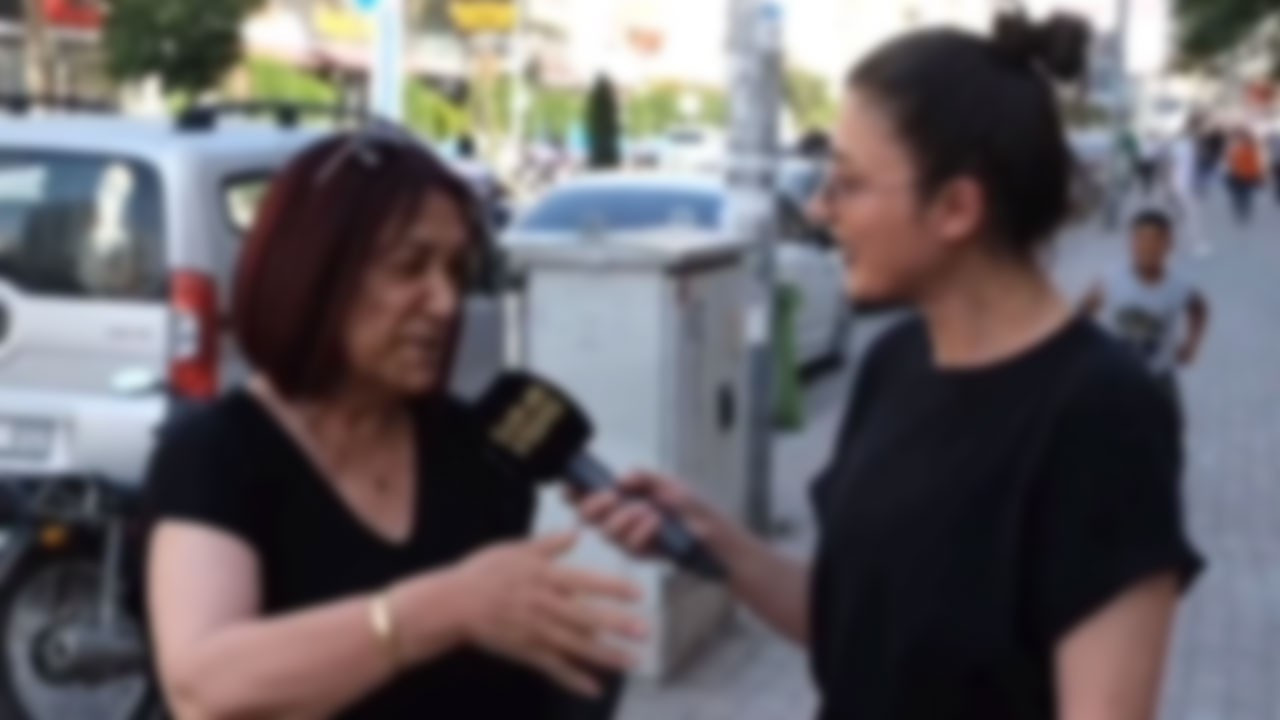Turkish court arrests woman for ‘insulting President’ in street interview
A Turkish court has arrested a woman in the western İzmir province over her comments during a street interview criticizing the government's Instagram ban. The move followed the media watchdog RTÜK president’s disapproval of the format for “spreading disinformation.”
Duvar English
A Turkish court on Aug. 13 arrested Dilruba Y. in the western İzmir province after she criticized the government during a street interview conducted by the YouTube channel "Tüylü Mikrofon" about the recent access restriction on Instagram.
Dilruba Y. was taken into custody at 10:00 a.m. on charges of "insulting the President" and "inciting hatred and hostility among the public." She was then transferred to İzmir Courthouse. After appearing before a magistrate, the court ordered her to be detained pending trial.
Following the decision, Dilruba Y. was transferred from the courthouse to prison.
Turkey’s nationalist opposition İYİ (Good) Party secretary general Uğur Poyraz criticized the decision to arrest someone for their comments during a street interview.
Poyraz said, "We do not condone the insults made by the young woman during the interview. However, in a country where perpetrators of violence against women are reconciled at police stations and sent home, and where those who kill or torture animals are released, arresting an ordinary citizen for expressing their emotions while speaking into a microphone on the street, and not merely taking legal action but detaining them, is a clear example of how the law is wielded as a weapon against dissent and how this has become normalized."
Ebubekir Şahin, head of Turkey’s state-run Radio and Television Supreme Council (RTÜK), recently stated that street interviews or broadcasts labeled as "citizen opinions" on new media platforms would come under their scrutiny.
He added, "These types of broadcasts and posts often present the views of individuals as if they represent the majority opinion or the voice of the public, which leads to disinformation with their subjective and intentionally misleading nature."


 Turkish media watchdog now eyes street interviews for ‘disinformation’Media
Turkish media watchdog now eyes street interviews for ‘disinformation’Media Turkish citizen detained for wearing ‘justice’ t-shirt during Erdoğan rallyDomestic
Turkish citizen detained for wearing ‘justice’ t-shirt during Erdoğan rallyDomestic Turkish Justice Ministry issues arrest warrant for YouTuber over Prophet Mohammed commentDomestic
Turkish Justice Ministry issues arrest warrant for YouTuber over Prophet Mohammed commentDomestic